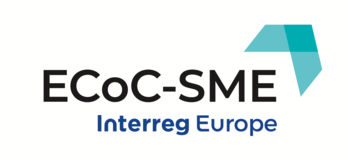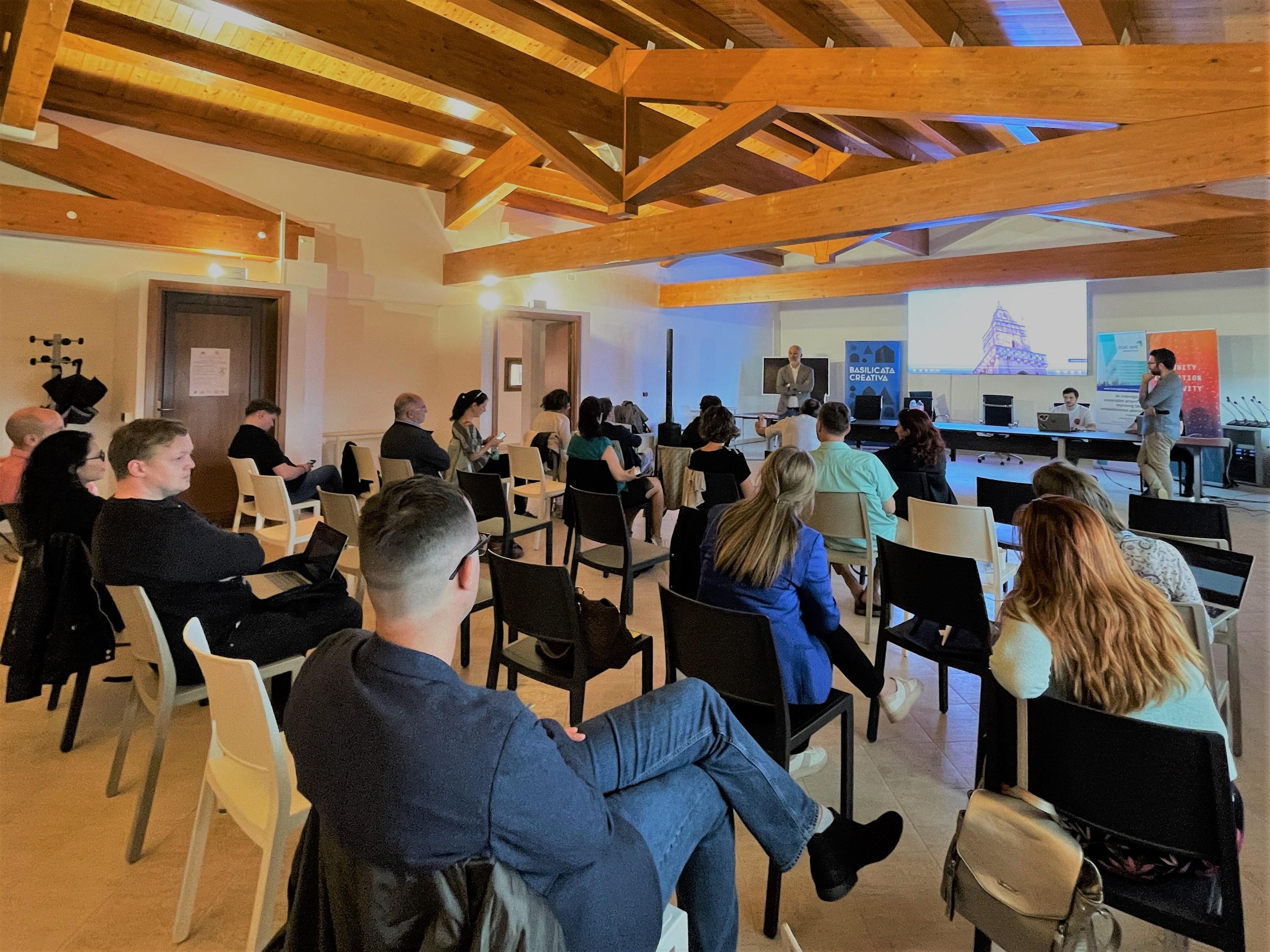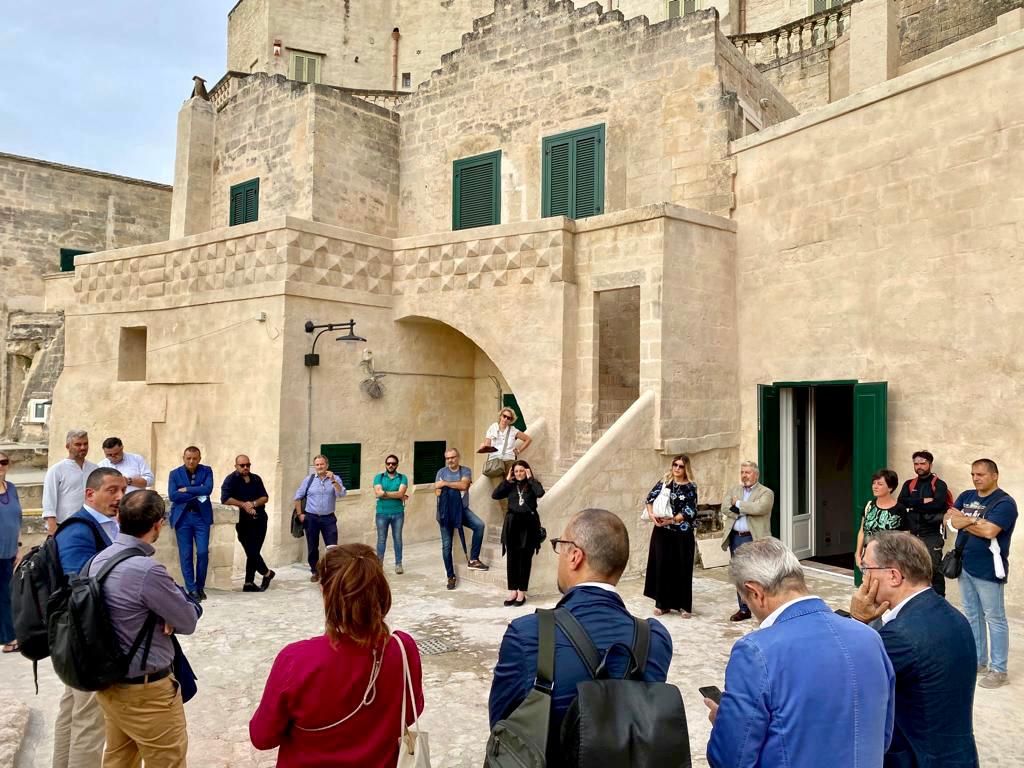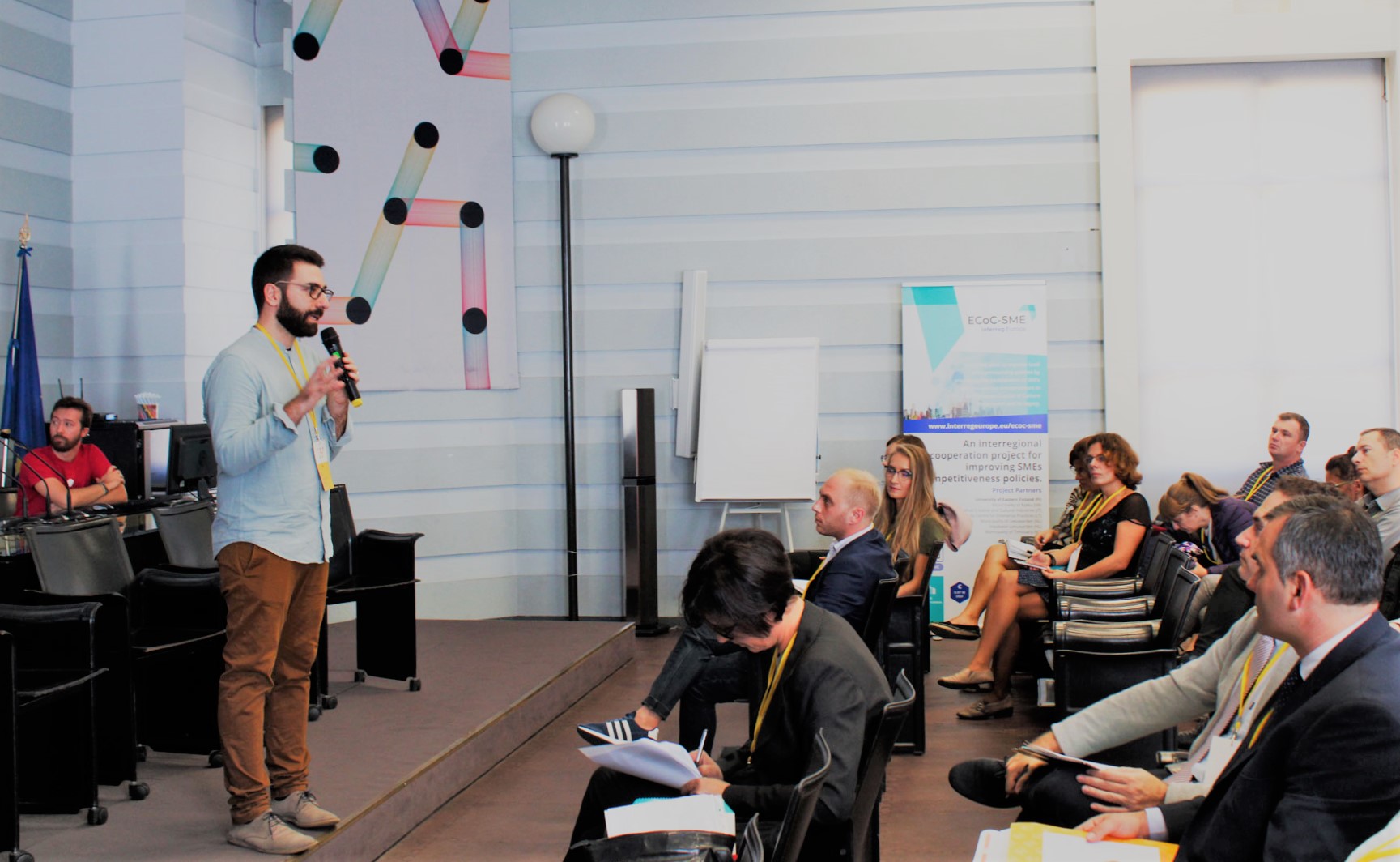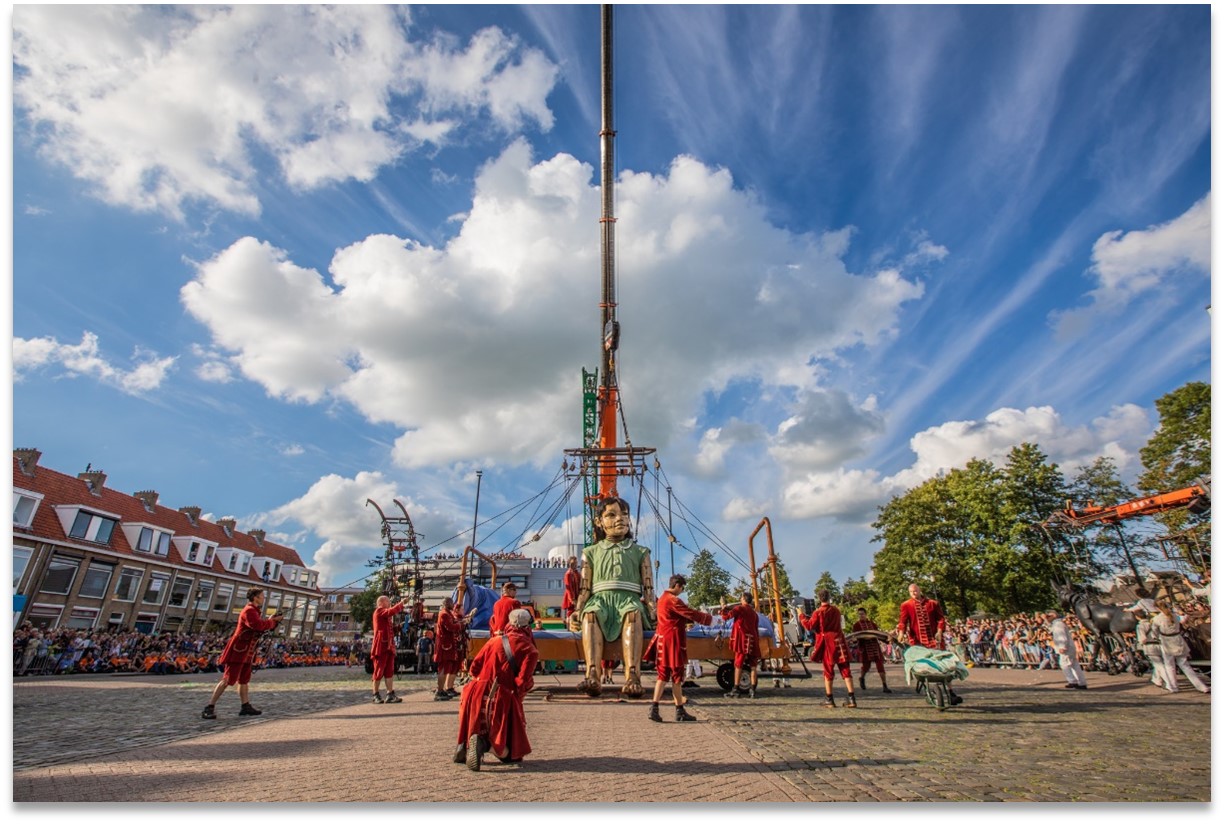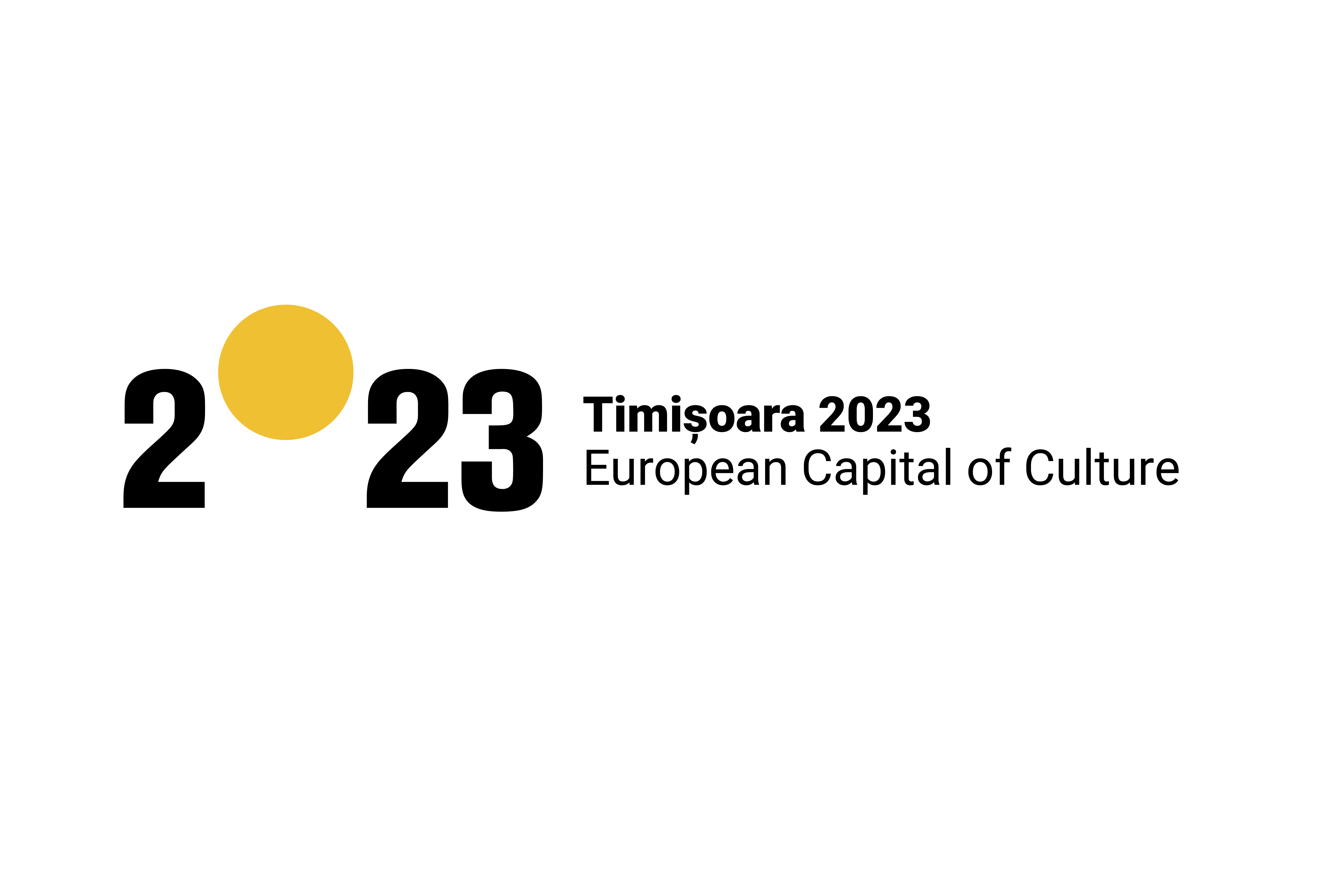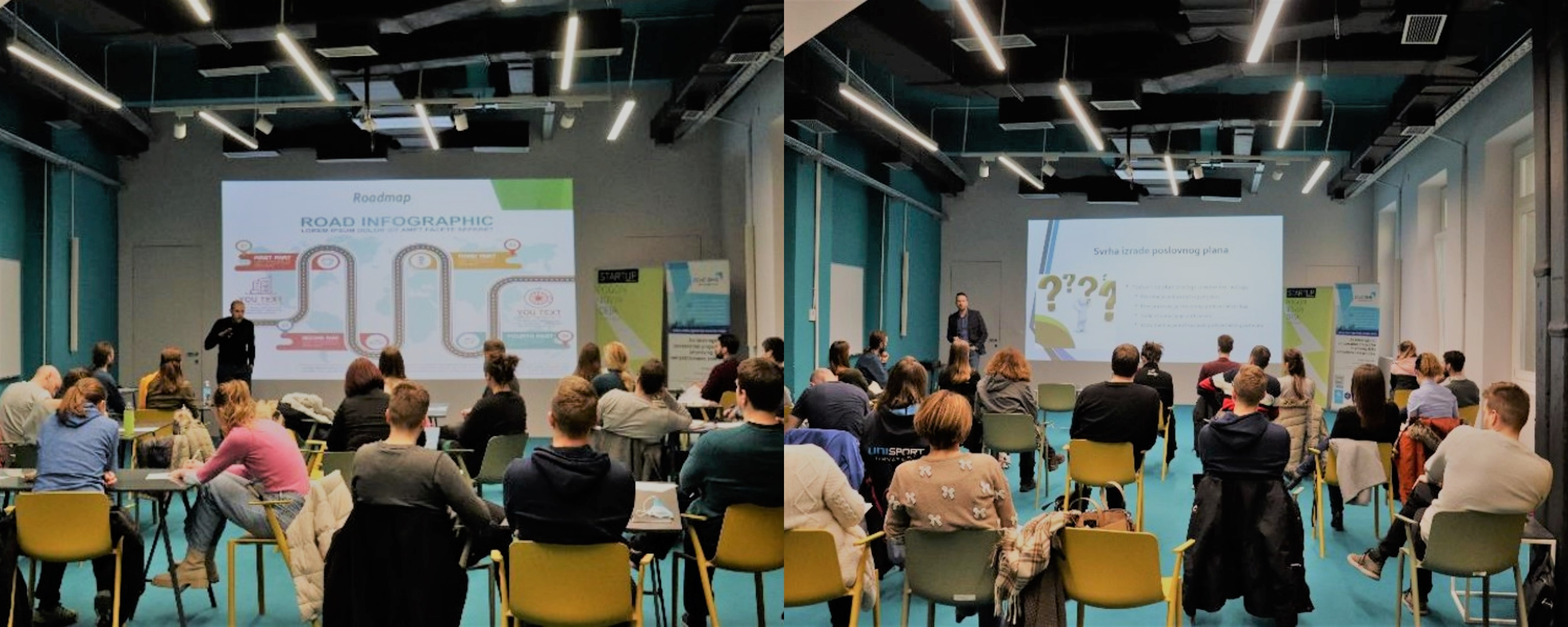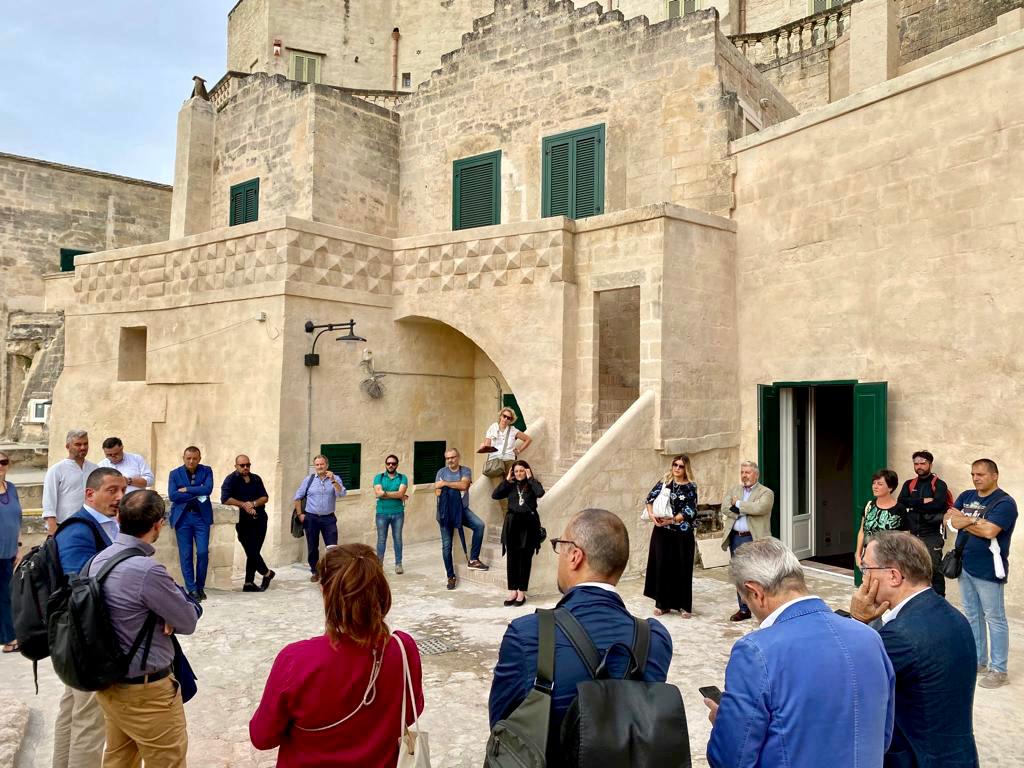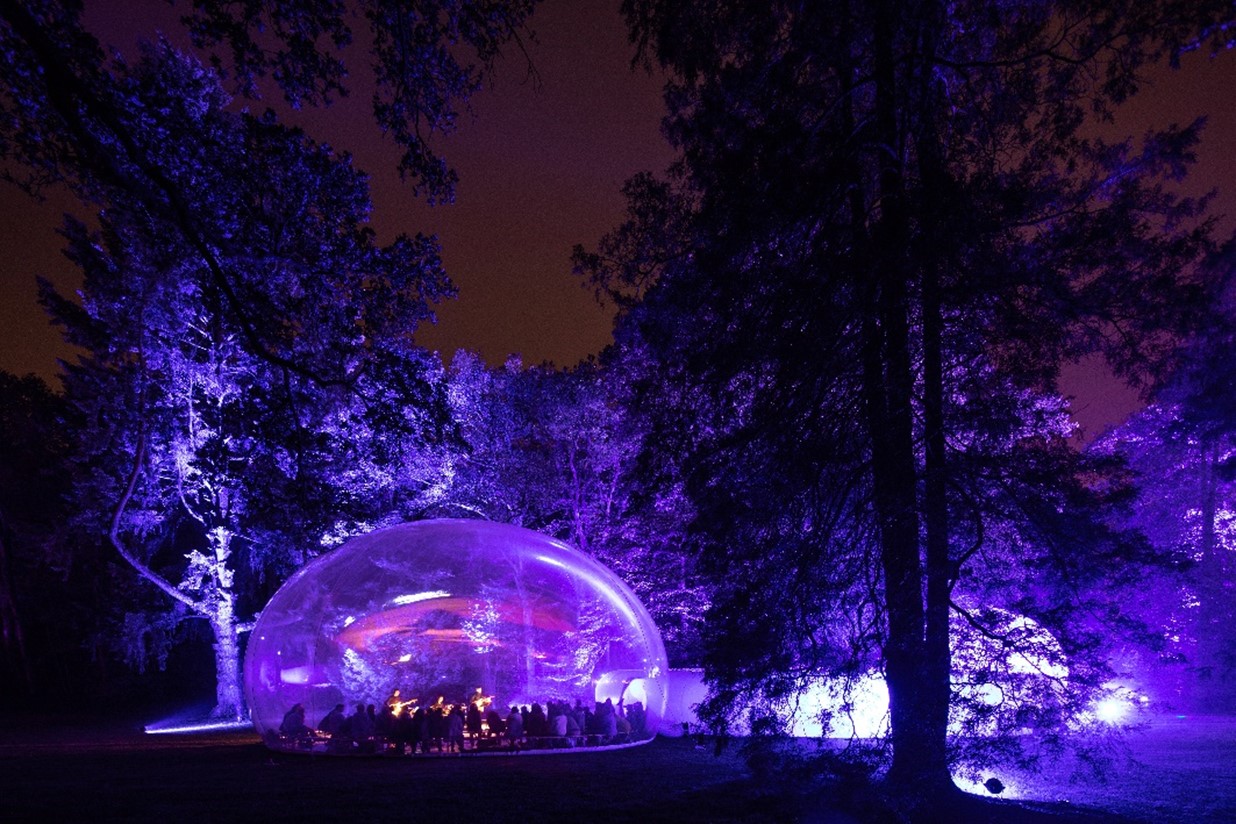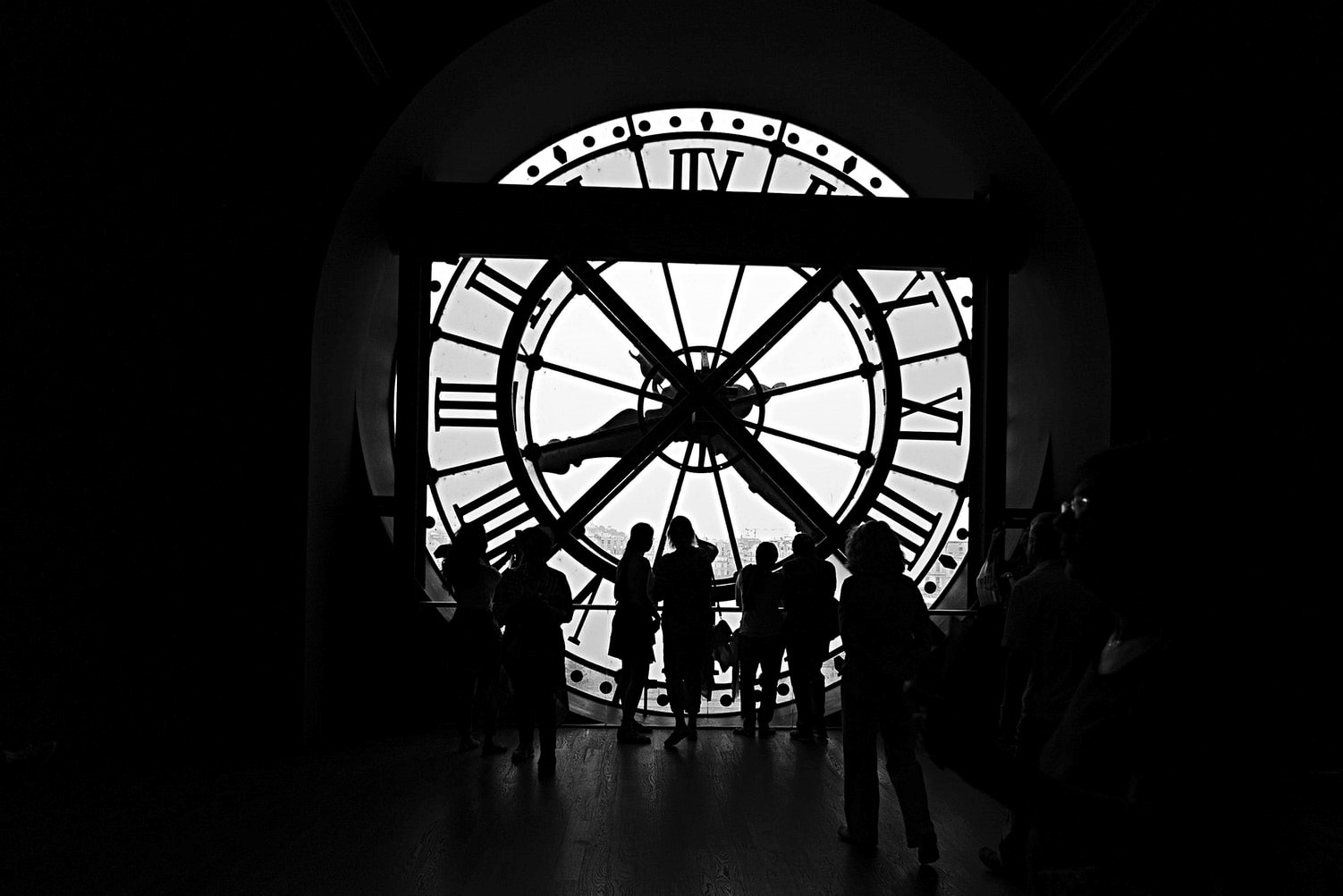Following the stories on how COVID-19 has affected Matera, Rijeka and Timisoara at our Open Seminar “Continuing, restarting and adjusting amidst COVID-19”, the audiences raised the question of “Is digitalisation the solution for all cultural expressions?”
“People are tired of being online” said Vania Cauzillo, representing Matera 2019 Project Leaders Committee. “Kids are stressed with digital school, and the elderly cannot access such tool.” Maintaining the desire of culture, therefore, is even more vital in a COVID-induced online world.
Nevertheless, when we talk about theatre as a method to be human, and to connect humans, digital tools are of great help. Two-thirds of Matera 2019 budget was spent on their community co-creation process, which actively involves the audiences in theatre productions. Ever since they resorted to online channels due to COVID-19, they were able to engage other creative participants, such as migrants and disabled women – who otherwise could not attend as comfortably and independently in a face-to-face meeting – to their discussions.
As physical contacts are restricted, now is a great time to shift the perspectives, and to engage the audiences in jointly finding new means of human connections.
The pressure to go digital is also visible for Rijeka 2020. The possibility of organising large-scale, international ensembles and productions is still uncertain. To maintain a physically safe distance between attendees, theatres can only house a-third of their capacity, which offers no realistic financial frame to make such events feasible.
As social measures are lightened, art and culture flows in Rijeka’s veins again. Rijeka 2020 summer programme has recently been announced, with around 120 events in Rijeka and its nearby regions in July and August. The programme incorporates a wide spectrum of arts, including music festivals and weekend concerts, drama and dance performances and stand-up shows, as well as ensembles of classical music, choirs, opera, orchestra, and exhibitions.
Read more: ECoC in times of Corona: Rijeka 2020
For Timisoara’s local bookstore “At two owls”, their customers share the same digital fatigue. “When you have so many offers online, how do users know what to choose?” It is the curator and seller’s responsibility to help their prospective buyers make their choices. They are still very relevant and needed as they own the trust and the connection to their clients and community to be able to step in and provide assistance.
Before COVID-19, At two owls purposely and solely rely on brick-and-mortal sales. Forced to rely on e-commerce solutions as a social distancing alternative, the shop still managed to cultivate memorable personal touches with their customers: book reading sessions on Facebook for children, home delivery by the store owners.
It has been proven through Matera, Rijeka and Timisoara experience that community is crucial at every step of their programme: from co-creation, to Pandemic survival, to economic and cultural revival. Even in times of disconnectivity, businesses and cultural organisations still find their own unique way to personally and creatively connect to their audiences. “We are speaking about interactions when we talk about culture” voice by Lavinia Simion from our partner Timisoara. It is safe to conclude that digitalisation is a promising but not the ultimate alternative to culture.
Read more: “Community, the driver of cultural & economic revival”
